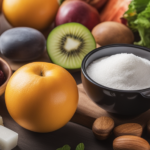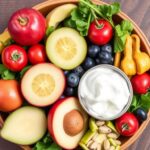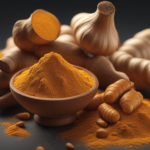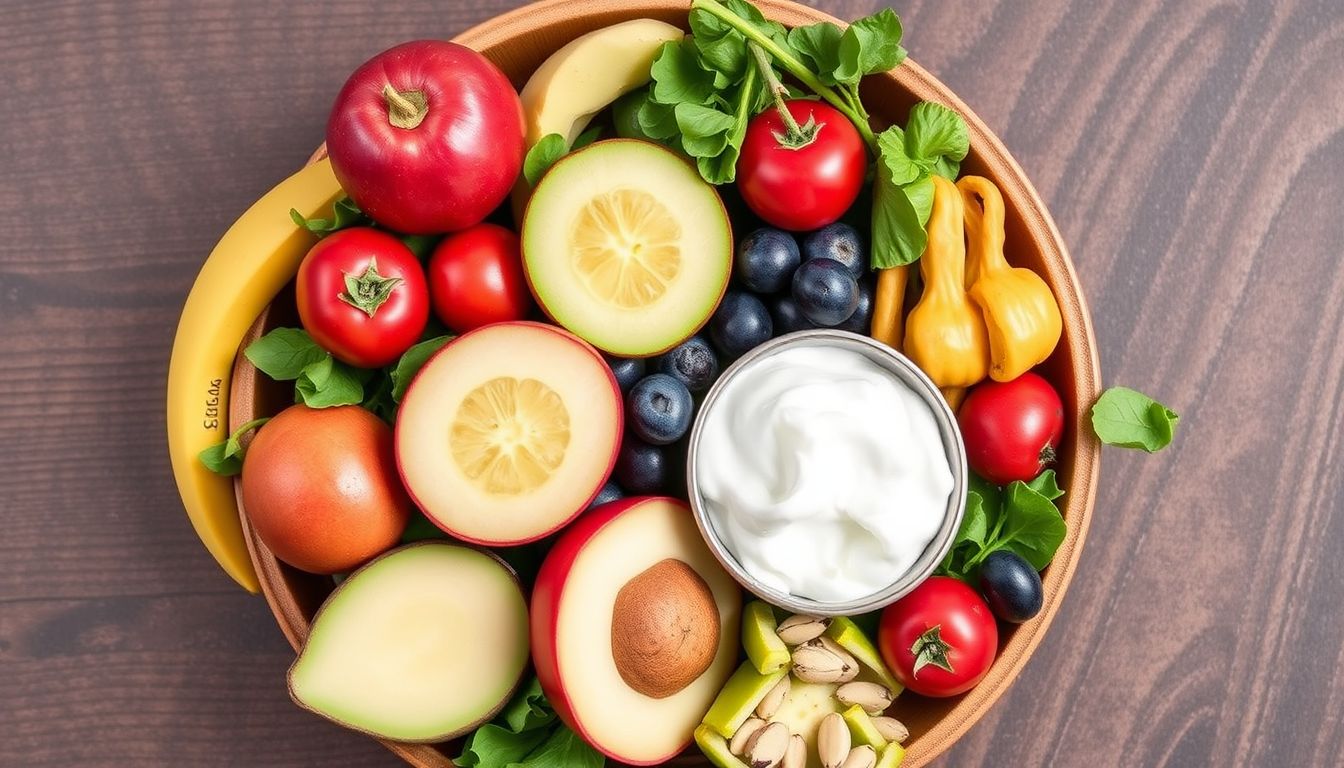Maintaining healthy blood sugar levels is crucial for overall well-being, especially for those at risk of or managing diabetes. Your diet plays a significant role in blood sugar regulation, and making informed choices about what you eat can have a profound effect. In this guide, we’ll explore the best natural foods that help stabilize blood sugar and provide tips on diet adjustments to promote better control.
Why Blood Sugar Levels Matter
Blood sugar, or glucose, is the main source of energy for our cells. When we consume carbohydrates, they break down into glucose, which enters the bloodstream. Insulin, a hormone produced by the pancreas, helps glucose move from the blood into cells for energy. If your body doesn’t produce enough insulin or becomes resistant to it, blood sugar levels can spike, leading to serious health issues like Type 2 diabetes, heart disease, and other complications.
The Role of Diet in Blood Sugar Management
Diet is a key factor in managing blood sugar. Certain foods can help stabilize glucose levels, while others can cause dangerous spikes. Incorporating natural, whole foods into your diet can improve insulin sensitivity and keep blood sugar levels in check.
Best Natural Foods for Healthy Blood Sugar Levels
Here’s a list of the top natural foods that can help regulate blood sugar levels:
1. Leafy Greens
- Why They’re Beneficial: Leafy greens like spinach, kale, and collard greens are low in calories and carbohydrates but rich in fiber and antioxidants.
- Tip: Add a side salad to your meals or blend greens into a smoothie.
2. Nuts and Seeds
- Why They’re Beneficial: Nuts like almonds, walnuts, and seeds such as chia and flaxseeds are high in healthy fats, fiber, and magnesium, all of which support blood sugar control.
- Tip: Snack on a handful of unsalted nuts or sprinkle seeds over yogurt or salads for a nutrient boost.
3. Whole Grains
- Why They’re Beneficial: Whole grains like quinoa, oats, and barley are packed with fiber, which slows down the absorption of sugar into the bloodstream.
- Tip: Swap refined grains like white rice and bread for whole grain alternatives.
4. Berries
- Why They’re Beneficial: Berries such as blueberries, strawberries, and raspberries have a low glycemic index and are rich in antioxidants, which can help reduce blood sugar spikes.
- Tip: Add a handful of berries to your breakfast oatmeal or enjoy them as a snack.
5. Cinnamon
- Why It’s Beneficial: Cinnamon has been shown to improve insulin sensitivity and lower blood sugar levels after meals.
- Tip: Sprinkle cinnamon over your morning coffee or mix it into yogurt for a delicious, blood sugar-friendly option.
6. Avocados
- Why They’re Beneficial: Avocados are high in healthy fats, fiber, and various vitamins, all of which contribute to better blood sugar regulation.
- Tip: Add slices of avocado to salads, sandwiches, or even enjoy it on its own.
7. Legumes
- Why They’re Beneficial: Beans, lentils, and chickpeas are excellent sources of plant-based protein and fiber, which helps in stabilizing blood sugar levels.
- Tip: Use legumes as a base for soups, salads, or stews to increase your intake of these nutritious powerhouses.
8. Fatty Fish
- Why It’s Beneficial: Fish like salmon, mackerel, and sardines are rich in omega-3 fatty acids, which reduce inflammation and improve insulin sensitivity.
- Tip: Aim to eat fatty fish twice a week for maximum benefit.
Tips for Adjusting Your Diet
In addition to including these natural foods, here are some helpful tips for optimizing your diet for better blood sugar control:
1. Focus on Portion Control
- Even healthy foods can affect blood sugar if consumed in large quantities. Practice mindful eating by using smaller plates, and avoid second servings.
2. Combine Protein and Fiber with Carbs
- When eating carbohydrates, pair them with protein or fiber to slow the absorption of sugar. For example, combine whole grain toast with avocado or a handful of nuts with fruit.
3. Limit Processed Foods and Sugary Drinks
- Processed foods, sugary snacks, and drinks can cause rapid spikes in blood sugar. Opt for natural alternatives like water, herbal teas, or unsweetened beverages.
4. Eat Small, Regular Meals
- Large meals can lead to glucose spikes. Eating smaller, more frequent meals can help maintain stable blood sugar levels throughout the day.
5. Stay Hydrated
- Drinking water is essential for good health and can help prevent dehydration, which can affect blood sugar control. Aim for at least 8 glasses of water a day.
Conclusion
Managing blood sugar through diet doesn’t have to be complicated. By incorporating these natural foods and following the dietary tips provided, you can support healthier blood sugar levels and improve your overall well-being. Whether you’re at risk for diabetes or simply looking to maintain balanced glucose levels, making these adjustments can have lasting benefits for your health.

Tap Image Above to View Blood Sugar Solution











